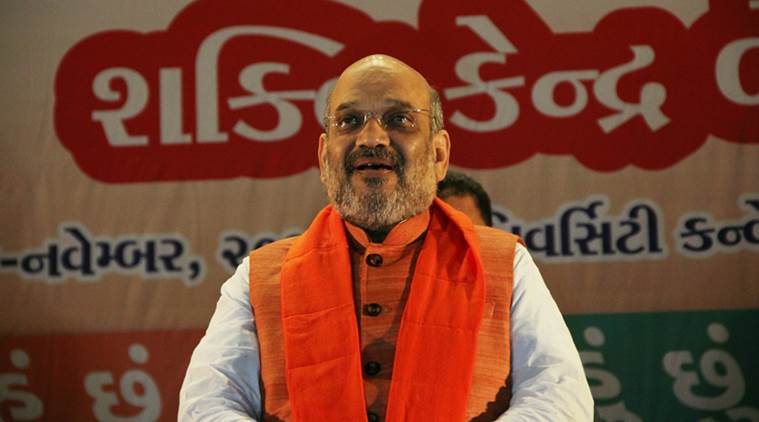Presenting his budget on Wednesday, West Bengal finance minister Amit Mitra announced a number of schemes to give a booster to West Bengal’s rural sector and socioeconomy at large. Chief minister Mamata Banerjee, however, said debt servicing would cost the state’s exchequer Rs 48,000 crore annually. This, according to a senior finance department official, would account for more than 80% of the state’s tax revenue income. Mitra, on the contrary, said the state’s debt-GDP ratio has come down to 33.71% during the current fiscal from a level of 40.65% during the earlier Left Front regime. This has happened since 40% of the borrowed fund goes into creating assets. “There has been 34.26% growth in capital expenditure during the last seven years,” Mitra said, adding that the debt services have risen to this level since the 10-year loan has matured in 2017-18. The state budget has a total outlay of Rs 2,14,958.75 crore, an increase of 17.91% over the last year’s outlay.
Mitra also announced tax rebate on housing for middle and lower income groups and reduced stamp duty from 7% to 6% for land deals in urban areas and from 6% to 5% in rural areas. He announced exemption of agricultural income tax for tea growers as well as exemption of education and rural employment cess on tea production. This will benefit at least 25,000 workers of the tea gardens, Mitra said. The minister also exempted mutation fees for purchase of agricultural land if it is purchased for the purpose of agriculture.
Mitra also announced setting up of a fund of Rs 100 crore to help distressed sale-affected farmers. He said the farmers who get the benefit of the government’s aged pension scheme will be increased from the current 66,000 to 1 lakh. Their pension amount will be increased from Rs 750 per month to Rs 1,000.
Stipend under the state’s Kanyashree scheme has also been increased from Rs 750 a month to Rs 1,000. Mitra also announced the launch of a new scheme called Rupashree under which families with income of less than Rs 1.5 lakh a month will get `25,000 for daughter’s marriage after she attains the age of 18. At least 6 lakh beneficiaries would come under the scheme and the government has allocated Rs 1,500 crore from the budget to implement the scheme.


